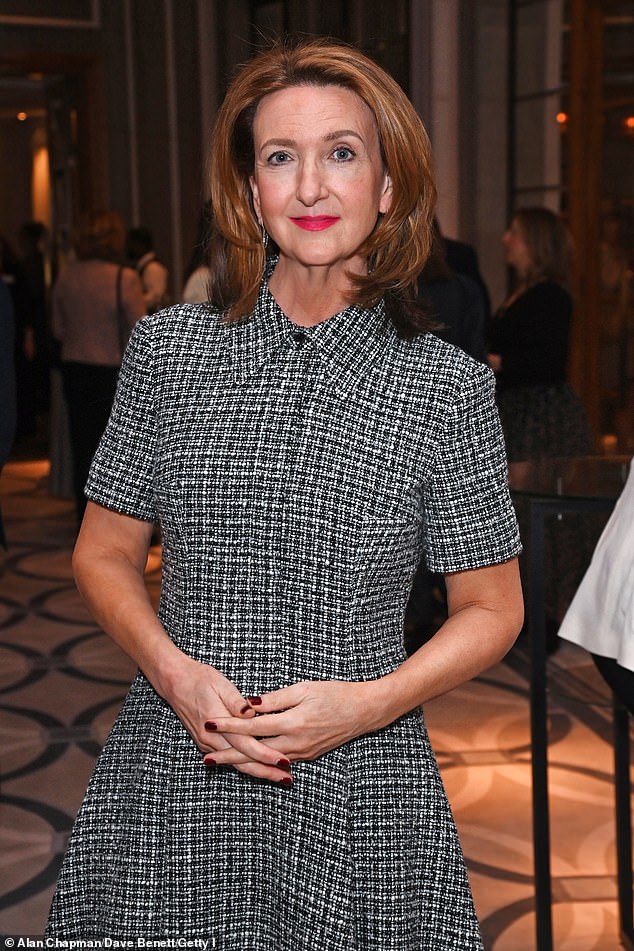Health Secretary Wes Streeting is failing to uphold a promise made to finance research for a widespread but difficult-to-tackle type of breast cancer cancer , according to MPs and activists assert.
Approximately 10,000 women in the UK are affected annually by lobular breast cancer, and specialists indicate that there is a shortage of medications available for treating this condition.
In last year, former Health Secretary Victoria Atkins pledged to allocate £20 million towards a five-year study aimed at developing new treatment methods for lobular breast cancer.
The initiative called the Lobular Moon Shot Project has garnered support from 330 Members of Parliament — over half of the total in the House of Commons. Nevertheless, Mr Streeting hasn’t indicated if he will supply the required funding.
The newspaper reports that the Health Secretary hasn't replied to letters from Members of Parliament querying if funds will be allocated for research purposes.
Campaigners have joined in calling for financial support is Tory MP Helen Grant, who received a diagnosis of lobular breast cancer in 2023.
'We urgently require additional research, improved diagnostic methods, and specific treatments,' states the Member of Parliament for Maidstone and Malling. 'During her tenure as Health Secretary, Victoria Atkins pledged essential funding for this cause, and I firmly encourage Wes Streeting to follow suit.'



Invasive lobular carcinoma is the second most prevalent type of breast cancer. These tumors originate in the milk glands and spread out in a 'lace-like' formation.
This increases the difficulty in identifying it early and raises the chances of diagnosis at a later stage compared to the primary type of breast cancer. Possible signs may consist of a retracted nipple, thickened breast tissue, a pulling feeling, or a depression within the breast area.
In 2015, BBC presenter Victoria Derbyshire, who is 56 years old, learned she had the illness after investigating the cause of her inverted nipple.
Currently, lobular carcinoma is managed through chemotherapy, surgery, and medications aimed at lowering levels of the female sex hormone estrogen — which cancer cells require for growth.
Nevertheless, for reasons that continue to elude scientists, at least one out of every five instances of lobular breast cancer resurfaces years down the line—often over ten years following patients being declared cancer-free. This recurrence makes treatment significantly more challenging and increases the likelihood of fatality.
Researchers at the Manchester Breast Centre, which will host the Lobular MoonShot Project, have stated that one objective is to discover a medication aimed at reducing the likelihood of lobular breast cancer recurring.
Professor Rob Clarke, an authority in breast biology at the center, stated: "Thanks to this funding, we might be able to create a medication and start clinical trials with patients over the coming half-decade."
Campaigners argue that funding this research will not only save lives but also reduce costs on the NHS.
'The £20 million we seek is less than £240 per individual expected to be diagnosed with the disease in the UK over the coming decade,' states Dr Susan Michaelis, founder of the Lobular MoonShot Initiative.
A spokesperson from the Department of Health and Social Care stated yesterday evening: "We welcome submissions for research grants via the National Institute for Health and Care Research, and we will be meeting with the Lobular Moon Shot Project team next month."
Read more